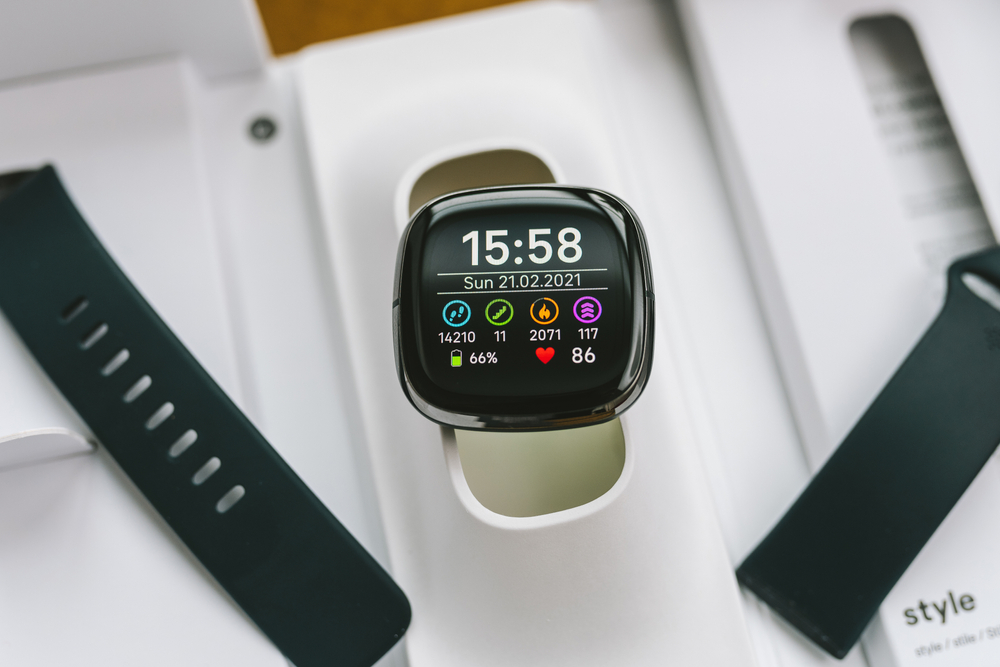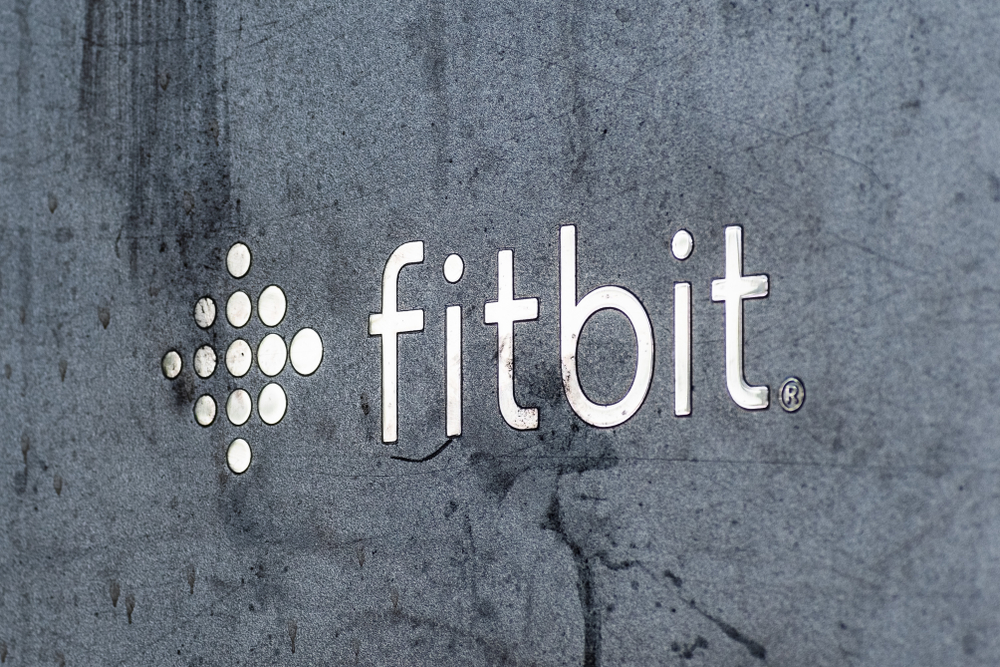Fitbit's Evolving Pulse: A Google-Powered Transformation in 2025
The narrative of Fitbit is a potent illustration of the tech industry's relentless evolution: a trailblazing startup, a market leader, then an acquisition target, and now, a pivotal component within a colossal digital empire. Once synonymous with personal fitness tracking, Fitbit is no longer merely a standalone brand. Since Google's $2.1 billion acquisition completed in early 2021, Fitbit has become a critical limb of Alphabet Inc.'s expansive hardware and health technology portfolio. This transition marks not an end, but a profound metamorphosis, as Google strategically redefines Fitbit’s role in the increasingly competitive and sophisticated wearable wellness landscape. In this dynamic environment, understanding how wellness wearables are becoming corporate benefits is crucial, showcasing a broader industry shift.
Is the Fitbit Era Concluding? More of a Metamorphosis.
Despite persistent whispers and online conjecture, the demise of Fitbit as a brand is not imminent. While Google has demonstrably begun to weave some Fitbit functionalities into its own Pixel Watch line, the core Fitbit platform remains robustly operational. Fitbit devices continue to sell, and its accompanying mobile application enjoys active support and continuous development.
Yet, transformation is undeniable. Google's actions reveal a deliberate strategy towards a more unified wearable ecosystem. Certain legacy Fitbit features and even specific product lines have been phased out, underscoring this shift. For instance, some services now necessitate a Pixel Watch or a mandatory Google account login, moves that have prompted a sense of departure from the original Fitbit experience for a segment of its loyal user base. This integration, while strategic for Google, sometimes clashes with the simplicity and dedicated focus that defined Fitbit in its prime. Nevertheless, Google reiterates its commitment to nurturing existing Fitbit users while harnessing its foundational technology for future innovations in the expansive wearable health domain. The standalone identity of Fitbit may be fluid, but its technological essence endures.
The Visionaries Behind the Revolution: James Park and Eric Friedman
Fitbit's genesis traces back to 2007, a brainchild of co-founders James Park and Eric Friedman. Park, a Harvard dropout, steered the company as CEO until its landmark acquisition. Under his astute leadership, Fitbit didn't just sell devices; it ignited a global movement, democratizing consumer fitness tracking and transforming wearable health tech into an accessible and desirable mainstream commodity.
From the sale to Google, James Park reportedly realized an impressive $300 million, encompassing his shares and stock options. While precise valuations fluctuate with market dynamics and personal investments, Park’s net worth is widely believed to reside firmly in the hundreds of millions post-acquisition. Eric Friedman, Fitbit’s Chief Technology Officer, was equally instrumental, architecting the robust technical infrastructure that underpinned Fitbit’s meteoric ascent. Both founders initially remained with Google, guiding the intricate integration efforts, though their public profiles have understandably receded in recent years as Google's overarching strategy takes precedence.

Eric Friedman - Co-Founder of FitBit
The Ascendance and Evolution of a Fitness Icon
Fitbit's initial meteoric rise was fueled by its impeccable timing, coinciding with the burgeoning digital health consciousness. Devices like the Fitbit Charge and Versa became ubiquitous, empowering users to effortlessly track steps, sleep patterns, heart rate, and activity levels. These sleek wristbands, seamlessly synced to an intuitive mobile app, were among the first to render complex fitness data both digestible and actionable for the average consumer.
Their decisive early entry into the nascent wearables market conferred a formidable advantage, propelling Fitbit to a successful public offering in 2015, where it quickly became a darling for both consumers and investors. However, the burgeoning market soon attracted formidable rivals. The aggressive entry of Apple, Samsung, and later, specialized players like Garmin and WHOOP (spearheaded by visionaries such as Will Ahmed, the visionary CEO behind WHOOP's $3.6B fitness empire), dramatically intensified competition.
Fitbit responded with earnest innovation, expanding its offerings to include sophisticated stress management tools, comprehensive menstrual health tracking, and even advanced ECG functionality. Yet, despite these advancements, maintaining its market dominance proved increasingly challenging against the juggernauts and agile specialists, ultimately paving the way for the strategic acquisition by Google. This competitive landscape highlights a broader trend: how wellness awakens: who's buying what in the thriving 2025 market, driven by both consumer demand and corporate investment.

Fitbit's Trajectory Under Google: Integration as the New Frontier
As of 2025, Fitbit's strategic trajectory under Google is unequivocally one of deep integration rather than independent expansion. Google is meticulously leveraging Fitbit’s profound technological expertise and its extensive health data infrastructure to bolster its own hardware ambitions, particularly within the burgeoning Pixel Watch ecosystem and a broader range of wearable health products. This also signals a crucial shift in how HR leaders are allocating resources, marking the 2025 wellness budget revolution: how HR leaders are investing smarter in employee well-being.
Expect Fitbit to play an indispensable role in Google’s grander vision for holistic health tracking, fueled by advanced AI-driven insights and seamlessly integrated smart device ecosystems. While Fitbit's distinct individual product identity may continue to be absorbed or even shrink under the dominant Pixel brand, its fundamental DNA—its legacy of accessible, actionable health technology—will remain intricately woven into the fabric of Google’s next-generation health innovations.
Conclusion
Fitbit may no longer command the independent wearable tech titan status it once held, but its relevance is far from diminished. Under the strategic stewardship of Google, its pioneering legacy is being reimagined and perpetuated in novel forms. Whether manifesting through rebranded wearable devices, significantly enhanced health analytics, or deeper integration with artificial intelligence for personalized insights, Fitbit's core mission – to empower individuals to lead healthier lives through innovative technology – endures. As the wearables market continues its rapid evolution, Fitbit’s journey serves as an compelling case study in the intricate dance of innovation, strategic acquisition, and relentless adaptation—a narrative that is continuously being written under the expansive canopy of one of the world's most influential technology companies.
Related: Microsoft’s Wellness Program: A Critical Look at a Tech Giant's Wellbeing Initiative













